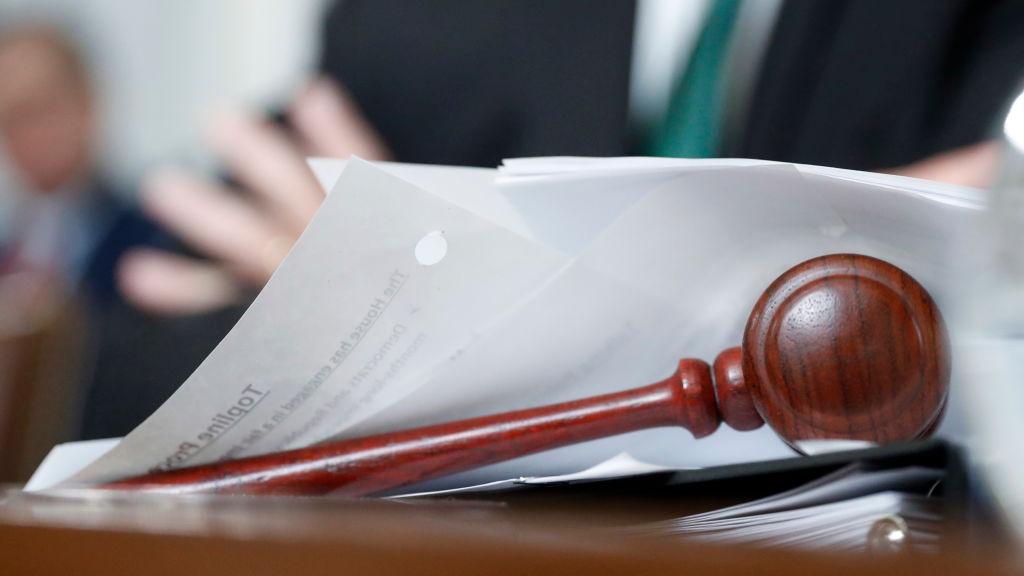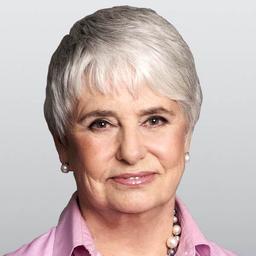Commentary
The 10-day online election of the Law Society of Ontario “benchers”—the board of directors that sets policy and determines other matters related to the governance of Ontario’s lawyers and paralegals—will draw to a close on April 28. Forty benchers will be elected, 20 from Toronto and 20 from other regions. The importance of this particular election for members of the legal profession—and even, potentially, their clients—cannot be overstated.





